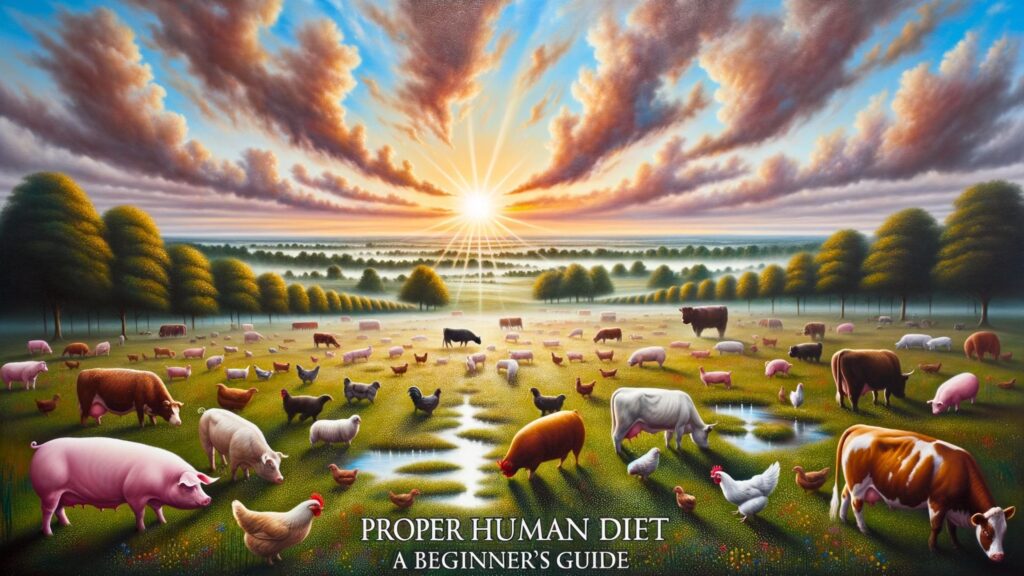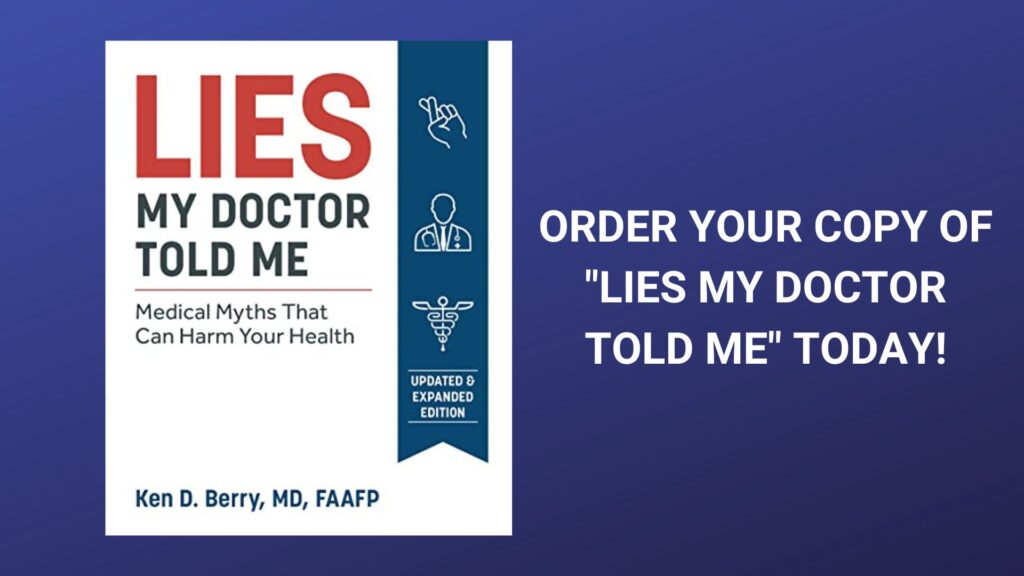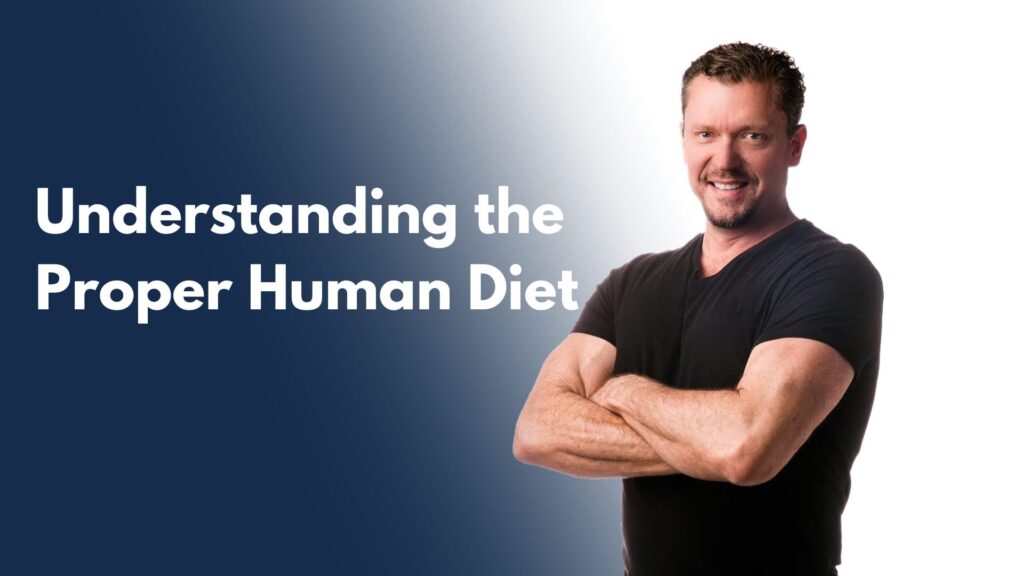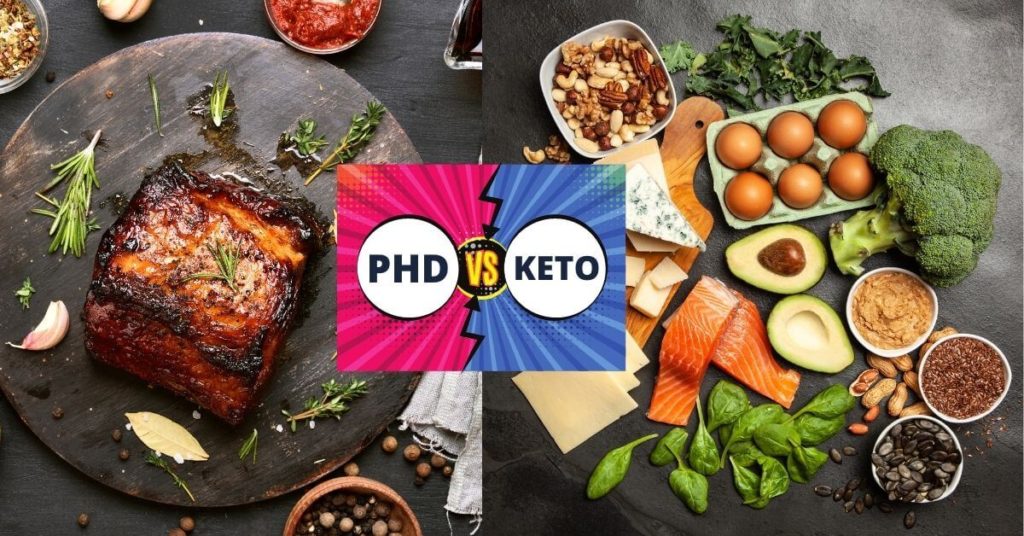Introduction
Dr. Ken Berry is a renowned physician known for his advocacy of the Proper Human Diet (PHD). This diet is a unique approach to nutrition that emphasizes the consumption of certain food groups while limiting others, with the goal of optimizing human health.
What is the Proper Human Diet?
The Proper Human Diet is a diet that focuses on the consumption of animal-based foods, particularly meat, while minimizing the intake of carbohydrates.
This diet is similar to, but distinct from, other popular diets such as the Paleo and Keto diets. The PHD is based on the belief that humans are primarily carnivorous and that our bodies are best suited to digest and metabolize animal products.
The Science Behind the Proper Human Diet
The PHD operates on the principle that our bodies are designed to function optimally on a diet high in protein and fats and low in carbohydrates.
When we consume carbohydrates, our bodies convert them into glucose for energy. However, when we limit our carbohydrate intake, our bodies are forced to use stored fat for energy, a process known as ketosis.
This metabolic state is believed to have numerous health benefits, including weight loss and improved mental clarity.

Benefits of the Proper Human Diet
Adopting the Proper Human Diet can lead to a variety of health benefits:
- Decreased inflammation: A diet high in processed carbohydrates can lead to chronic inflammation, which is linked to a variety of health problems. The PHD, by reducing carbohydrate intake, can help to reduce inflammation in the body.
- Weight loss: By forcing the body into a state of ketosis, the PHD can help individuals lose weight more effectively than traditional low-fat diets.
- Mental clarity: Many people report they improved mental clarity and focus when following a low-carb, high-fat diet like the PHD.
- Increased testosterone: Diets high in protein and fat have been linked to increased levels of testosterone, which can have numerous benefits for both men and women.
Foods to Eat and Avoid on the Proper Human Diet
When following the Proper Human Diet, there are certain foods that are encouraged and others that should be avoided:
Foods to Eat:
- Meat: beef, pork, chicken, fish, etc.
- Eggs
- Low-carb vegetables: leafy greens, broccoli, bell peppers, etc.
- Healthy fats: avocados, olive oil, coconut oil, etc.
Foods to Avoid:
- High-carb foods: bread, pasta, rice, etc.
- Sugary foods: candy, soda, pastries, etc.
- Processed foods: chips, fast food, etc.
- Legumes: beans, lentils, etc.
This post contains affiliate links, and as an Amazon Associate, I earn from qualifying purchases that help keep this content free. (Full disclosure).
In the next part of this article, we will explore how to implement the Proper Human Diet, as well as understand the potential risks associated with this dietary approach.
Implementing and Understanding the Risks of the Proper Human Diet

Proper Human Diet Meal Plan
To help you get started with the Proper Human Diet, here’s a sample 7-day meal plan:
- Day 1: Breakfast – Scrambled eggs with spinach; Lunch – Grilled chicken salad; Dinner – Steak with asparagus
- Day 2: Breakfast – Bacon and eggs; Lunch – Tuna salad; Dinner – Pork chops with cauliflower mash
- Day 3: Breakfast – Omelette with mushrooms and cheese; Lunch – Beef stir fry with bell peppers; Dinner – Salmon with broccoli
- Day 4: Breakfast – Sausage and eggs; Lunch – Chicken Caesar salad; Dinner – Ribeye steak with green beans
- Day 5: Breakfast – Ham and eggs; Lunch – Shrimp salad; Dinner – Lamb chops with Brussels sprouts
- Day 6: Breakfast – Scrambled eggs with avocado; Lunch – Turkey salad; Dinner – Grilled fish with zucchini
- Day 7: Breakfast – Bacon and eggs; Lunch – Chicken stir fry with bok choy; Dinner – Beef steak with salad
Transitioning to the Proper Human Diet
Transitioning to the Proper Human Diet can be a significant change for many people. In the first month, you may experience symptoms of the “keto flu” as your body adjusts to burning fat for fuel.
These symptoms can include fatigue, headache, irritability, and difficulty focusing (“brain fog”). However, these symptoms are temporary and should subside as your body adjusts.
To ensure a smooth transition, it’s important to stay hydrated, get plenty of sleep, and make sure you’re eating enough fat and protein to keep you satiated. It can also be helpful to gradually decrease your carbohydrate intake rather than cutting them out all at once.
Risks and Concerns of the Proper Human Diet
While the Proper Human Diet has many potential benefits, there are also some risks and concerns to be aware of:
- Potential deficiencies: Because the PHD restricts certain food groups, it’s possible to develop deficiencies in nutrients like Vitamin C and Fiber. It’s important to include a variety of foods in your diet to ensure you’re getting a wide range of nutrients.
- Impact on gut bacteria: Some research suggests that a diet high in animal products and low in fiber can negatively impact gut bacteria. However, more research is needed in this area.
- Increased intake of sodium and saturated fats: The PHD is high in sodium and saturated fats, which can be a concern for individuals with certain health conditions. It’s important to discuss any dietary changes with your healthcare provider.
FAQs about the Proper Human Diet
- Can you build muscle on the PHD? Yes, it’s possible to build muscle on the PHD. Protein is essential for muscle growth, and the PHD is high in protein.
- Will PHD work for athletes? Yes, many athletes follow a low-carb, high-fat diet like the PHD for its potential performance benefits.
- How long is the adaptation period? The adaptation period can vary from person to person, but most people start to feel the benefits of the PHD within a few weeks.
- How much meat should I eat per day on a PHD? The amount of meat you should eat on the PHD depends on your individual needs and goals. It’s important to listen to your body and eat until you’re satiated.
- Can I eat processed meats? While it’s best to focus on unprocessed meats, some processed meats can be included in moderation.
- Does the PHD put you in ketosis? Yes, the PHD can put you in a state of ketosis, where your body is burning fat for fuel instead of carbohydrates.
Conclusion and Disclaimer
In conclusion, the Proper Human Diet is a unique approach to nutrition that emphasizes the consumption of animal-based foods and minimizes carbohydrate intake.
While it can offer numerous health benefits, it’s important to be aware of potential risks and to ensure you’re getting a wide range of nutrients. As with any diet, it’s important to listen to your body and consult with a healthcare provider before making significant dietary changes.
For a comprehensive understanding of the Proper Human Diet and how to get started, don’t miss our detailed beginner’s guide to the Proper Human Diet.


